The Russia-Ukraine conflict has gone beyond the front lines of trenches, troops and tanks, it has spread to a "battlefield" of agreements and diplomacy , the relationships of bankers, insurers and lawyers, suppliers of oil, microchips and superyachts...
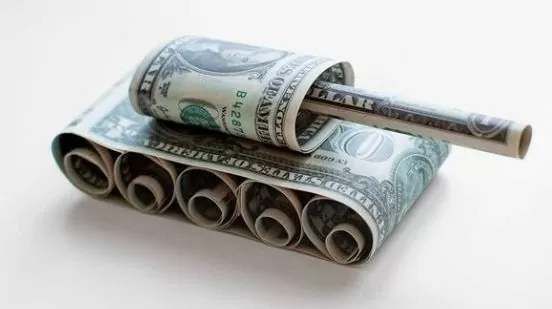 |
| Sanctions against Russia or the West's total ' economic war'. Image on the cover of the book "Punishing Putin: Inside the global economics war to bring down Russia" by journalist Stephanie Baker. (Source: stephaniebakerwriter.com) |
In a new book detailing the West's "economic war" against Russia, Bloomberg 's influential economic journalist Stephanie Baker writes, "I believe it is as fierce as the military conflict being waged on the ground."
But are the sanctions really having an impact on Moscow?... Here are fresh insights from veteran British-American writer Stephanie Baker, who has been writing about the Russian economy since the 1990s and has unlimited access to both Western and Russian sources, to get to the bottom of the matter.
The Great Economic and Financial Experiment
The front has stretched across Manhattan’s financial district, London’s most exclusive neighborhoods and even the mailboxes used by shell companies in tax havens. And the economic war is as fierce as the bloody military offensive underway on the ground in Ukraine.
In her book, "Punishing Putin: Inside the global economic war to bring down Russia," journalist Baker outlines how the United States and several European countries imposed unprecedented economic sanctions on Russia following its military campaign in Ukraine in February 2022. In her view, these sanctions were so broad that they constituted "economic warfare" in the Russia-Ukraine conflict.
Some of these sanctions were immediate and eye-catching, such as the seizure of superyachts and assets belonging to Russian oligarchs. Russian billionaire Roman Abramovich was forced to sell his beloved football club, Chelsea. Western companies including Adidas, McDonald's and Unilever faced pressure from investors and consumers to cut their losses and leave Russia.
But other sanctions have received less attention but are far more far-reaching. Western governments have frozen the Russian central bank’s foreign assets—a total of about $300 billion (€284 billion)—and banned exports of dual-use goods, such as microchips, to Russia. The EU and G7 countries have imposed a price cap—$60 (€57) per barrel of Russian oil exports by the end of 2022—with the aim of hurting the Kremlin’s finances without upsetting global oil markets.
Journalist Stephanie Baker, who has spent at least 34 years covering the Russian economy, reveals how Washington, Brussels and London seized superyachts, tried to manipulate global oil prices and attempted to block the sale of technology to the Russian military. She also shows how ideas and actions diverge due to conflicting interests within the Western alliance.
And as the costs of “feeding” the conflict with Russia rise, another economic battle has arisen. The US and EU are asking whether to seize Russia’s huge $300 billion in foreign currency reserves accumulated in the West.
Shedding light on Moscow’s response to Western economic repression, Baker said luxury yachts have been sent to the waters of Russia’s allies, an “army” of lawyers have been tasked with protecting oligarchs’ assets in Western cities, and Dubai has replaced London as the go-to destination. New supply chains and routes for the “flow” of oil and microchips have further bolstered Russia’s state coffers and secured its resources during the military conflict with Ukraine.
So, as the West continues to impose sanctions, Russia continues to apply new countermeasures. So, in reality, have the West's sanctions been ineffective? And what could happen next in this economic war?
Bloomberg 's journalist analyzed that the initial sanctions had little effect on Russia, because "there was almost no enforcement, because Moscow had many ways to respond and many loopholes were found", for example, Western chip manufacturers said they could not control their supply chains, when their chip technology was found in Russian missiles...
Enforcement has been much stronger recently, with several Russian tankers blacklisted for transporting oil below the price ceiling, but the measures have not been enough. Later, when secondary sanctions were introduced, they seemed to start making things really difficult for Moscow, such as punishing a Chinese bank that finances exports to the Russian defense industry…
Battlefronts across the world
Filled with facts and figures that are detailed without being dry, from a phone call to fascinating real-life stories, the book "Punishing Putin: Inside the global economics war to bring down Russia" has taken readers into intense behind-the-scenes discussions, leading to a whole new era of "political and economic tricks" carefully calculated by all sides.
Journalist Baker commented that these new strategies are completely reordering global alliances. And it will affect the world order today, even for generations to come.
In the face of repeated rounds of sanctions, Moscow was undeterred by eight years of US sanctions (the first since Russia’s annexation of Crimea in 2014), when Russian President Vladimir Putin ordered a military operation in Ukraine (February 2022). In the hours that followed, Western leaders used economic tools against a nuclear-armed power.
What followed were massive "economic and financial experiments" that took place all over the world, and which could undeniably have world-changing impacts and, in turn, threaten to push the globe into a devastating recession.
But the purpose of the economic attacks from the West is simple—to weaken President Putin's military machine and damage the Russian economy—once the 11th largest on the planet.
Journalist Stephanie Baker called the "landing" of a series of sanctions from the West a "fierce shadow war" and said that her research clearly shows that the conclusion that the West's economic attack on Russia has had no effect is incorrect.
"I see this as an effective propaganda campaign from Russia. Therefore, support for sanctions may decrease."
Faced with a series of difficulties due to the impact of sanctions, "I am not saying that the Russian economy will collapse, but if oil prices fall sharply and some important pillars weaken, the conflict cannot last long," concluded Ms. Stephanie Baker.
Source: https://baoquocte.vn/trung-phat-nga-hay-chien-dich-tan-cong-kinh-te-tong-luc-cua-phuong-tay-tren-khap-the-gioi-294717.html



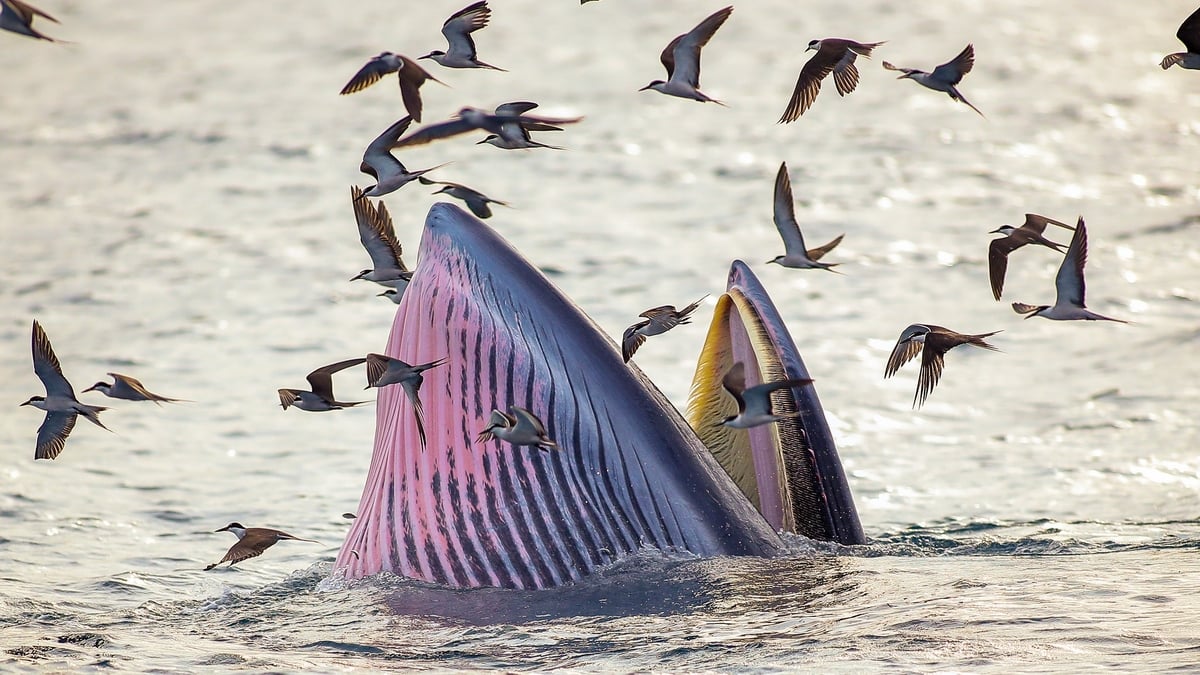

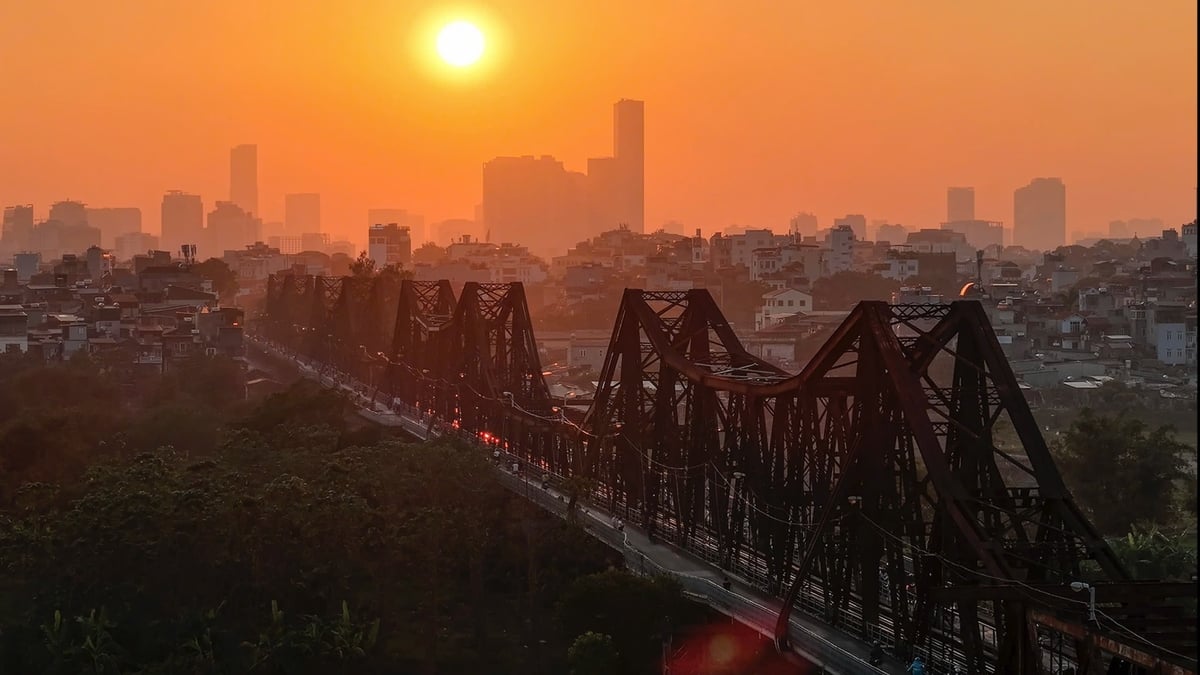




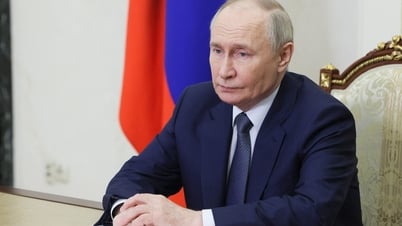
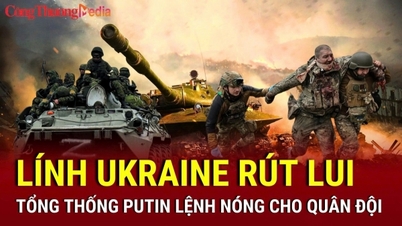

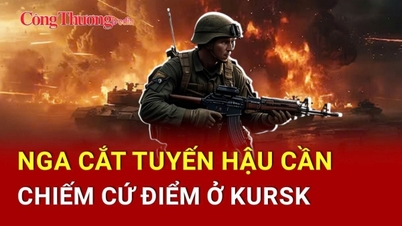
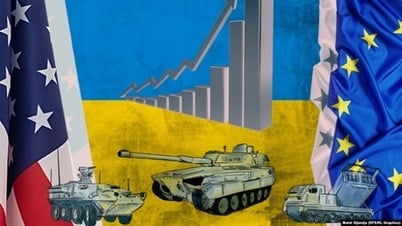
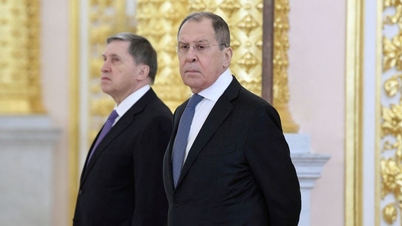



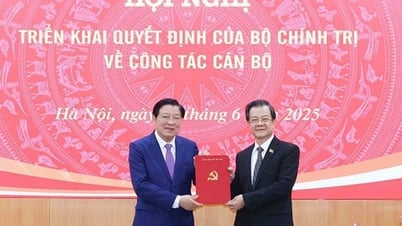


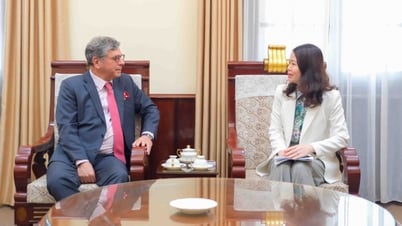





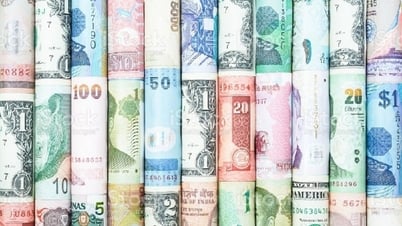

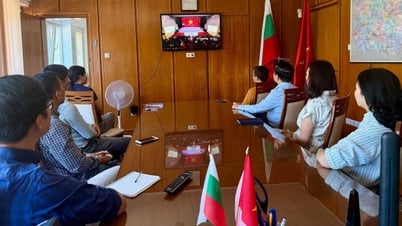


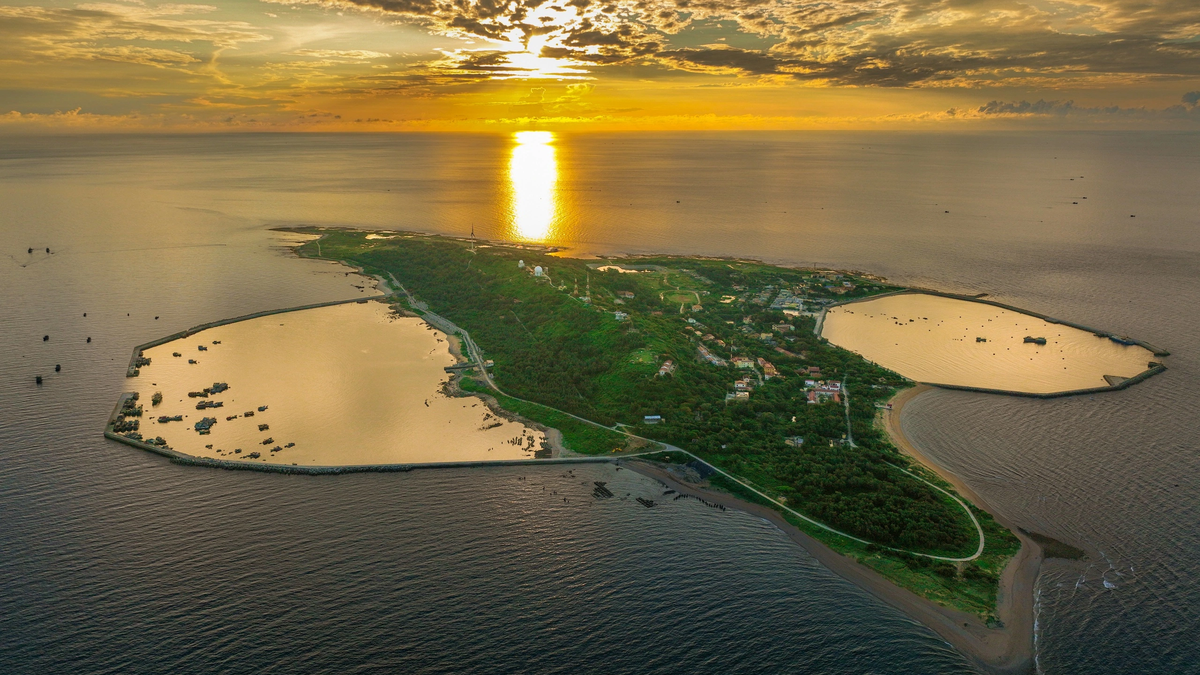
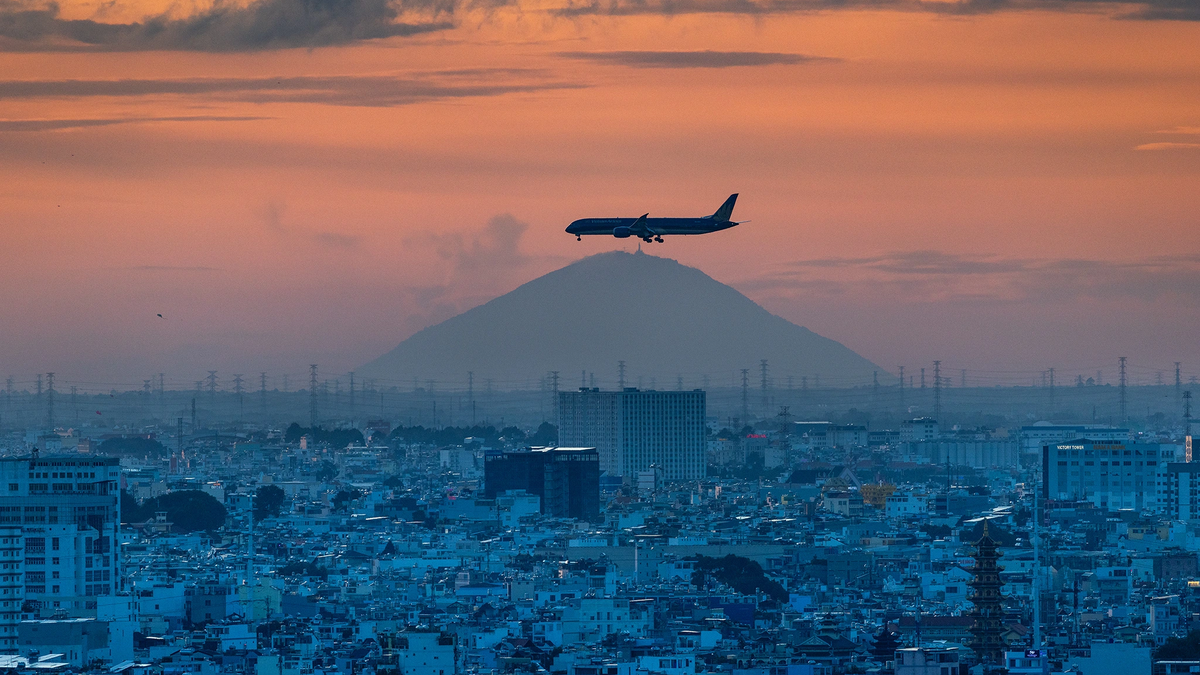




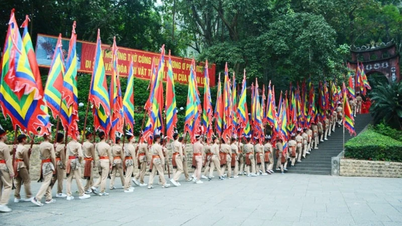

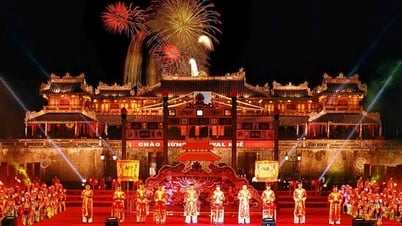



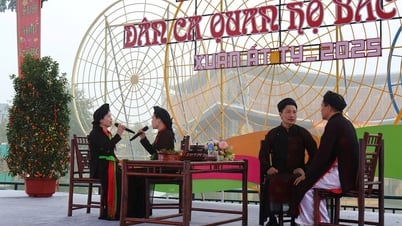



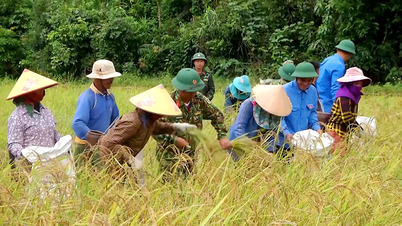





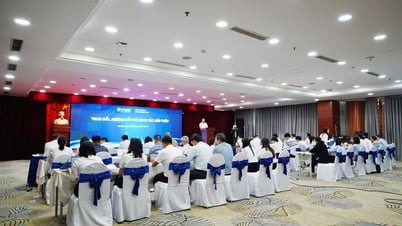




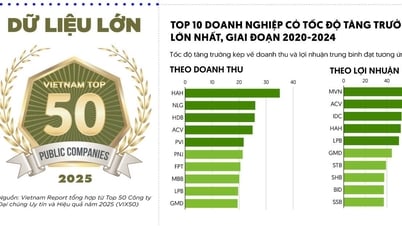






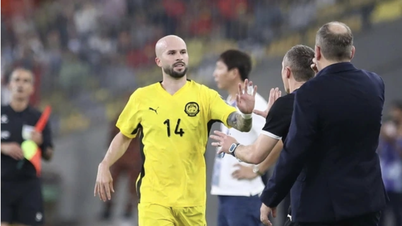





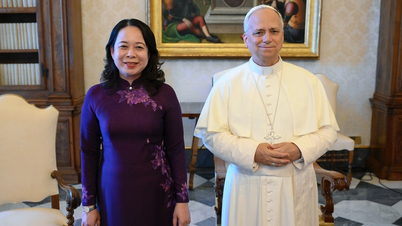








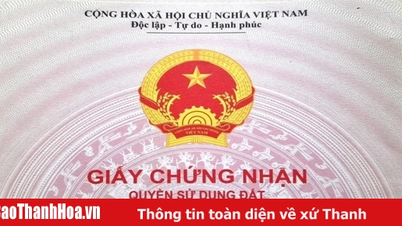

























Comment (0)